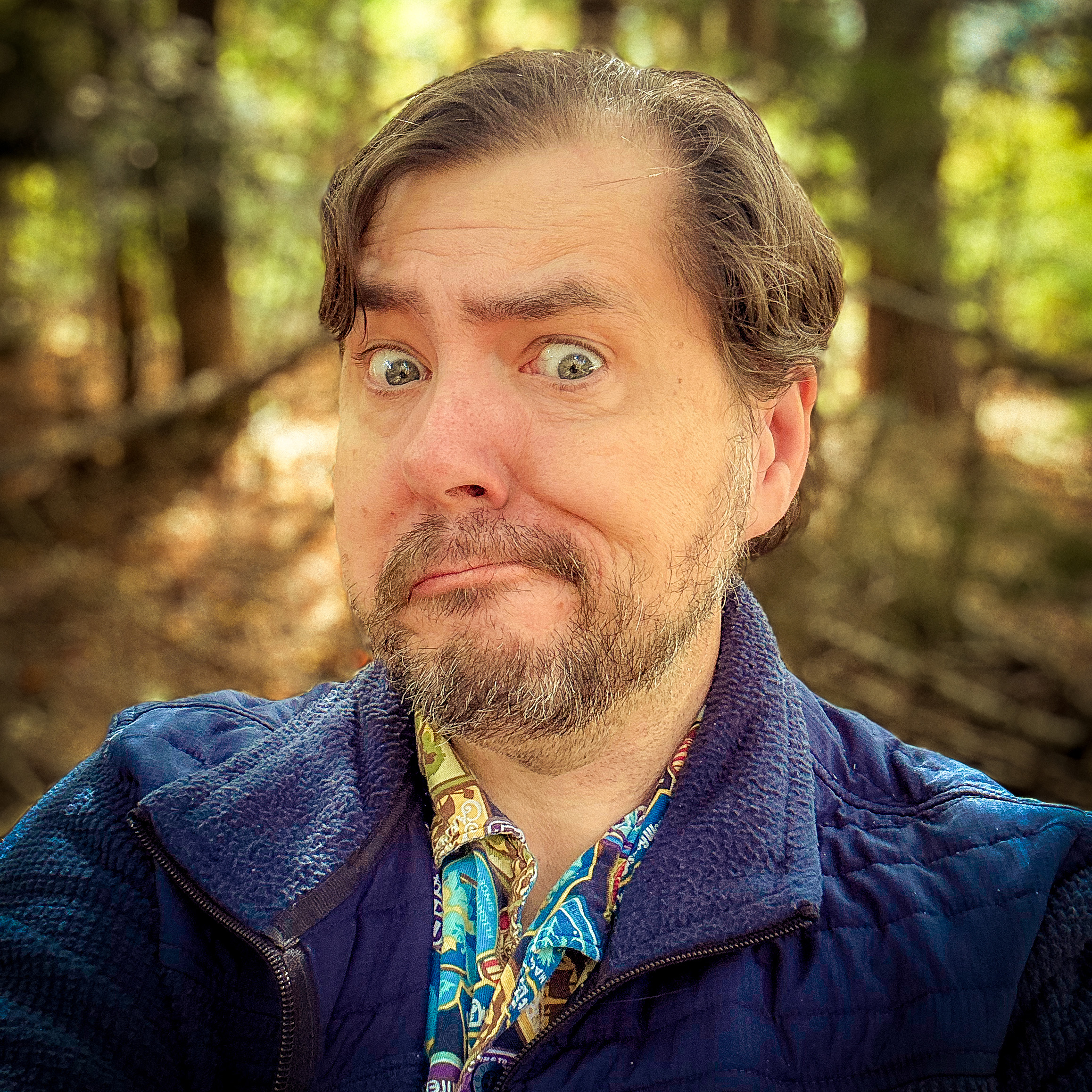Nuwa's Prophet
Nuwa's Prophet (a.k.a. Hui Yùyán)
Hui Yùyán is the single most important figure in the Nuwan canon, the prophet of the goddess Nuwa who wrote down her divine guidance and preached it to his people. Though not the first to pray to Nuwa, Hui Yùyán was the first to preach of Nuwa as an overdeity, a goddess elevated above all others. His preaching created the Temple of Nuwa, which has since become the most widespread religion on the continent. For bringing the word of the goddess Nuwa to the people, he is commemorated far and wide, and his likeness is found on statues and paintings from Hallaba to Liwan. The day of his execution is remembered as Martyr's Day, and marks the year 0 of the Nuwan calendar, a calendar used across the continent.
A religious icon who lived over 500 years ago, Hui Yùyán's story has changed in the telling. In places that do not know of Voranth, his story is transplanted into the local history and his likeness is transformed into that of a local. "Revelation Morning", the scene where the prophet emerges with the Speech from Her Above, is some of the most recognizable imagery in the world, drawn, painted, and carved hundreds or thousands of times.
Mental characteristics
Personal history
Early Life
Not much is known about the early life of Nuwa's Prophet. He is believed to have been born in the small town of Jinyang in Hotai province. Of common birth, his parentage is unknown. He is known to have been a conscript in a warlord army in Hotai in around 24 before the Year of the Prophet. At the time, Hotai had been suffering from drought, and local provincial nobles had taken up arms against the imperial governor. At some point, the prophet deserted along with many other conscripts and while many of the deserters turned to banditry, the prophet turned to religion. An uprooted peasant deserter, he sought answers to the questions plaguing his life and war-torn Hotai at the time. Chief among them, how can man live a righteous life when his spiritual guide is not righteous? The emperors had offered nothing to Hotai, and in all their power, they could not irrigate the crops of the peasantry. The nobles and the governor, though speaking of loyalty and piety, brought only blood in the end. An illiterate peasant, he nevertheless attracted some following, seeking guidance from old folk deities. He took the name Hui Yùyán, preaching to a small group of other uprooted peasants. It was during this time, on the 7th of March, on the 17th year before the Year of the Prophet that Nuwa appeared to him, answering his questions.The Prophet
Hui Yùyán wrote through the night, and in the morning he emerged with the Speech from Her Above, the direct transcribed word of Nuwa. This event solidified his convictions and his message. Emperors and governors could not guide man away from strife and into the path of righteousness, only heaven could. To achieve peace and harmony among themselves, men must accept that heaven is greater than man, and act in accordance to heavenly guidance. In troubled Hotai, this message resonated. Hui Yùyán produced no more writings, owing to his limited level of literacy. However, his following grew, and many governors saw the inability of the emperors to pacify Hotai. The Nuwan message spread, and eventually the implication in the Nuwan creed became explicit. If heaven was the correct guide for man, then heaven was greater than the emperors. This angered the emperors and the adherents of the imperial cult. Seeking not to stop the conflict in Hotai but silence a voice against imperial power, the emperors sought to capture and execute Nuwa's Prophet. In his last few years, Hui Yùyán traveled a lot, sheltered by sympathetic lords from the clutches of the emperors. In the end, he was captured, and when his captors demanded that he recant his preachings, he simply said that his life's purpose had already been achieved, for the word of Nuwa had spread to all corners of Voranth. The emperors burned him at the stake, but rather than serving as a reminder of imperial might, it simply galvanized his supporters. The emperors were judged inadequate, and many provincial governors and major nobles joined the Nuwan cause. The emperors were deposed, but ultimately replaced with their own heirs after disbanding the imperial cult. Imperial loyalist governors were replaced by abbots, and soon after, the Voranthene replaced their old regnal calendar with one that counted from the day of Hui Yùyán's execution.
Honorary & Occupational Titles
The Holy Martyr, The Witness, Scribe of Heaven, The Man from Jinyang
Circumstances of Death
Burned at the stake.
Children
Aligned Organization




Interesting figure. I like that he wrote the words of Nuwa even though he was illiterate - that definitely lends them some legitimacy!